If you’ve spent any amount of time visiting or living in Medellin it’s just a matter of time before you’ll be invited to someone’s finca. The word finca literally translates to “farm” in English but practically speaking we are talking here about recreational farms, weekend getaways, ranches, cottages, cabins, or however you’d like to call them. And just like the Hamptons is to New York, Martha’s Vineyard to Boston, Lake Tahoe to San Francisco, or Lake Muskoka to Toronto, the area East of Medellin in and around the Rionegro Airport is collectively called “El Oriente,” or The East.
The Oriente is where if you have the extra money, you buy yourself an acre or two (or 10!) to call home on the weekends within 60-90 minutes out of Medellin. And I can speak from personal experience, there’s nothing more rewarding than finishing a long week in the city of Medellin with a weekend getaway in the mountains.
The Oriente, however, is not the only place where the Paisas maintain their fincas. To the North you have Girardota and Barbosa, to the West you have San Pedro, San Jeronimo and Santa Fe. To the South La Estrella, Caldas, and further beyond into citrus and coffee country, there’s the “coffee axis” or eje cafetero. Guatape is another popular destination for fincas but can lead you into 2-4 hour traffic jams on the weekends.
Regardless of location, the finca lifestyle can be a perfect balance to the sometimes hectic and stressful life in the city of Medellin. It is one of the great opportunities to invest in Medellin. As soon as you get up and over the Aburra Valley of Medellin, the air is much cleaner, the extra elevation makes the temperature a few degrees cooler, and life just tends to slow down as you mix with the locals in the dozens of villages or pueblos that dot the region of Antioquia.
As the people of Medellin have become wealthier, so too has the land become more expensive within a 1-2 hour drive. The Las Palmas corridor between Medellin and the airport has some of the most expensive $/meter or $/hectare rural land in Colombia, where prices can fetch up to $500k USD per hectare and more in some parts.
Local Lingo and Terminology
When looking at rural land it’s important to know the local measurements and local lingo. You’ll hear these kinds of terms and measurements below thrown around and asking questions in Spanish like “cuantas cuadras?,” “cuanto por hectaria?,” and “donde son los linderos?”
Measurements
1 hectare = 2.47 Acres
1 hectare = 10,000 meters
1 acre = 4,000 meters (apprx)
1 “cuadra” = 6,400 meters
Note: Acre measures are not used at all in Colombia, the conversions are for US/Canadian readers. Most often you’ll hear size of lots referred to in meters (smaller lots), hectares (larger lots) and “cuadras” (regional).
Finca Vocabulary – Just to get you started!
Lot = lote
Property line = lindero
Utilities = servicios
Septic tank = pozo septico
Well water = usually just pozo or “agua que sale del pozo”
Sub-division/project = parcelacion
Water rights = derechos de agua
Fence = cerco/lindero
Majordomo = care taker
Gate = porton
Pavement/paved road = vía pavimentada
Dirt road = careterra destapada
Toll road = peaje
Coffee Region = eje cafetero
City planning = planeacion
Zoning = POT
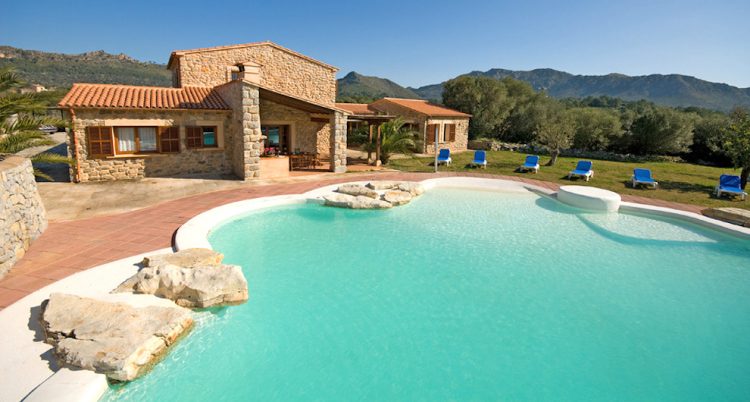
Cost of a finca
Many people ask me “how much does a finca cost”? This is not the right question to ask. If you’re in the market for a finca, you’re best to set a budget range and work backwards into location, size of lot, presence/quality of house/construction, and other factors/priorities. Generally speaking, larger fincas will have (all else equal) lower values per square meter, and a nicely built house can add $1,000,000 COP per square meter to the price.
Land values for average sized lots in the East of Medellin are approaching $100,000-$150,000 COP/m2 with close/direct proximity to paved roads with services (water/electric). Santa Elena can be cheaper in parts, while Llanogrande will be more expensive. Guarne is where you can still find bargains in the East, San Pedro to the West and Girardota to the North, with prices( $/m2) as low as $25,000 COP/m2 (or apprx $80-90k USD for a 2.5 acre lot). Farms in the coffee region can be had for as little as $5,000 COP/m2, but don’t expect easy access or water rights… Or frequent visits from friends/family, for that matter.
The bottom line: like all real estate, there’s something for every budget. You just need to trade off priorities until you find the right finca that you’ll be happy with.
Land Titles
This is an important topic when discussing fincas, because much of the rural land in Colombia is not surveyed/defined by the local municipalities, property titles sometimes don’t exist, family inheritances are often a factor and all of these things can affect your purchase and long term value of your property.
In my finca, for example, there were no property lines, and the seller had only an estimation of total area. The property title (escritura) existed but referred to property lines only by the location of pine and eucalyptus trees, boulders and a neighbor’s 50 year old fence post (I’m not kidding). I had the seller assume the costs to have the lot professionally surveyed and the exact area corrected in the Rionegro land titles office (oficina de registro). In the end we found that the lot was actually larger than the seller had thought. Oops!
In my office, I’m fortunate to have a real estate lawyer on staff, but I can’t imagine trying to have navigated these things on my own. Not doing things properly or rushing rural land purchases could lead to mistakes which could cost you dearly. Perhaps the most high profile land title issue in Medellin at the moment is with the Meritage project, where it appears that the historical involvement/ownership by drug traffickers/their agents has called into question the future of the project. A Google News search for 2016 articles on “Meritage Medellin” will give any interested readers some more background.
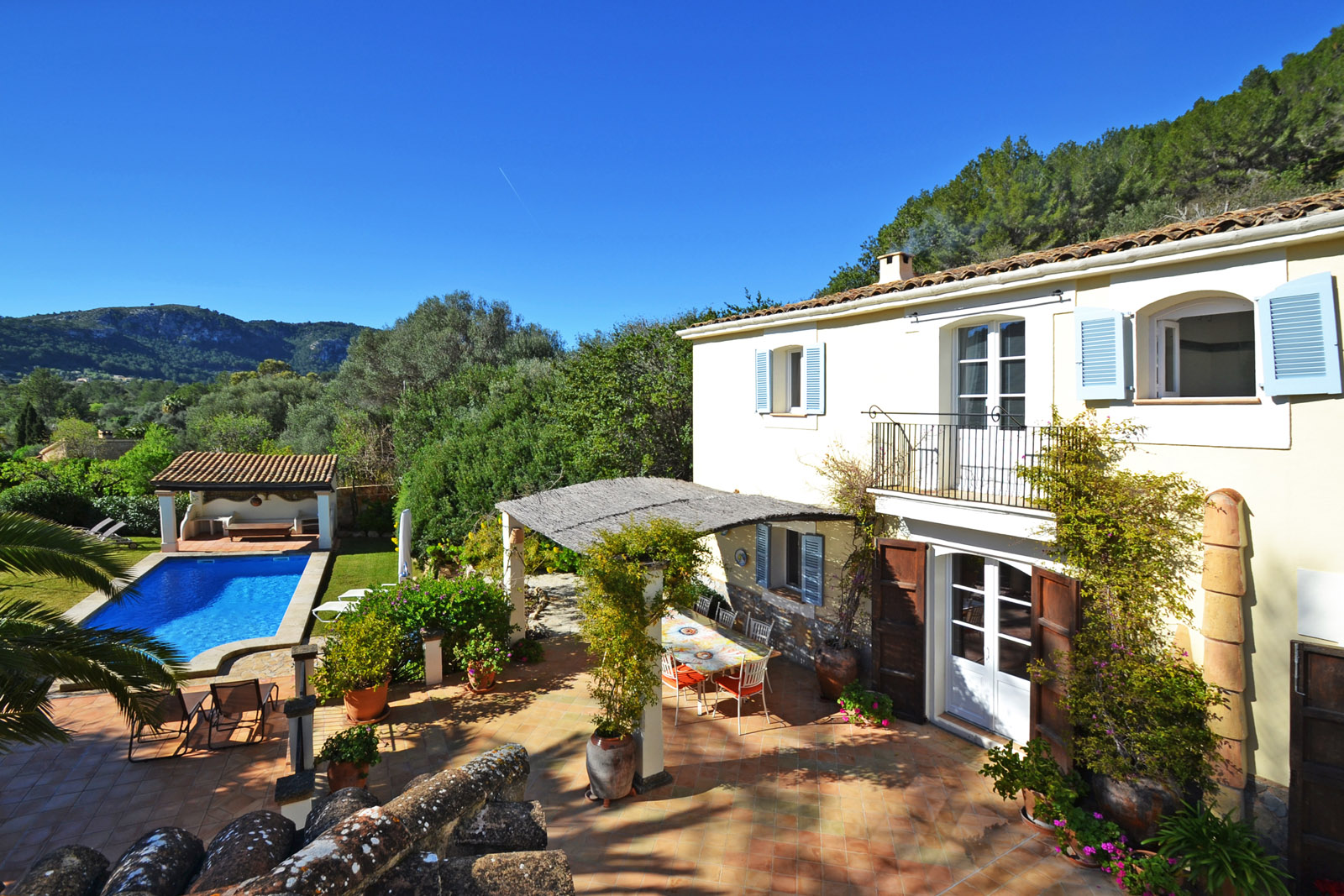
Building/Construction
One should not look at raw land and jump to conclusions about what you can build on it. Every finca/lot pertains to a municipality and every municipality is going to have some kind of guidelines that pertain to construction/zoning/development.
If your goal is to buy and build or add on, etc., it’s wise to first determine in what quantities you can do so. Lot size, road frontage, trees, streams, wild animals, can all affect your ability to get construction licenses/permits approved. It goes without saying to do your homework here before you jump into purchase agreements.
Gardening/Animals/Farming
Perhaps one of the most rewarding benefits that come with a finca is doing what you wish with the land. I for example have more than 30 fruits, vegetables and herbs planted, free range goats and chickens, a dozen citrus and avocado trees, among a series of flora that I can’t even pronounce. You’ll learn that some things grow well in your local micro-climate and some things do not!
A year-round growing season means multiple harvests but also lot more attention to fertilizers, or you’ll strip the soil. The lack of a freeze will also cause the expert gardener to calibrate his/her strategy, pesticides, etc. Timing rainy seasons is also important to crop health. But what if you want the fruits of the finca without doing all this dirty work?
Enter the Majordomo
For those who can afford it the majordomo makes the finca investment all worthwhile. A majordomo is usually an older gentleman and sometimes his wife who will live on/near your finca in a dedicated residence (that you pay for) apart from your main house. In return for a monthly stipend ($700,000-$1,000,000 COP/month) salary (plus social security, healthcare, etc.), the majordomo and his wife will tend to all the needs of the finca. He’ll cut grass, feed and take animals to the vet, prune trees, collect eggs, and clean the pool. The wife, on the other hand, will keep the house tidy, have coffee/arepas ready for you on arrival, garden and tend to flowers/herbs. This, my friends, is the finca lifestyle.
In Conclusion
This article was designed to give readers a short introduction to the search/purchase of rural land opportunities in/around Medellin but is not exhaustive by any means.
The purchase of rural land requires more time, patience and a much higher degree of due diligence than residential property in the city for the reasons discussed within the article.
The assistance of a lawyer specialized in real estate transactions and with experience in rural land transactions will go a long way to ensure a safe investment. And while Casacol is primarily focused on residential investment properties, we have helped a number of clients successfully purchase their fincas in and around Medellin.
I can be contacted at brad@casacol.co and our lawyer juanjose@casacol.co helped contribute to this article as well.

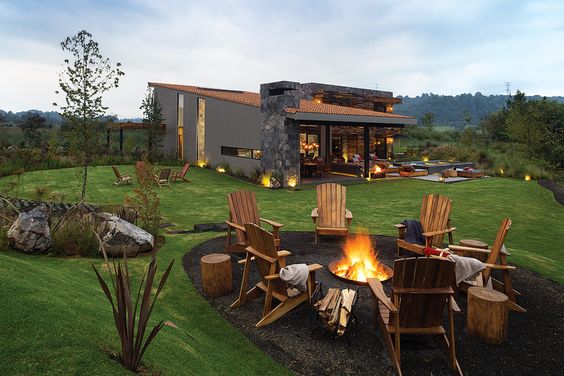

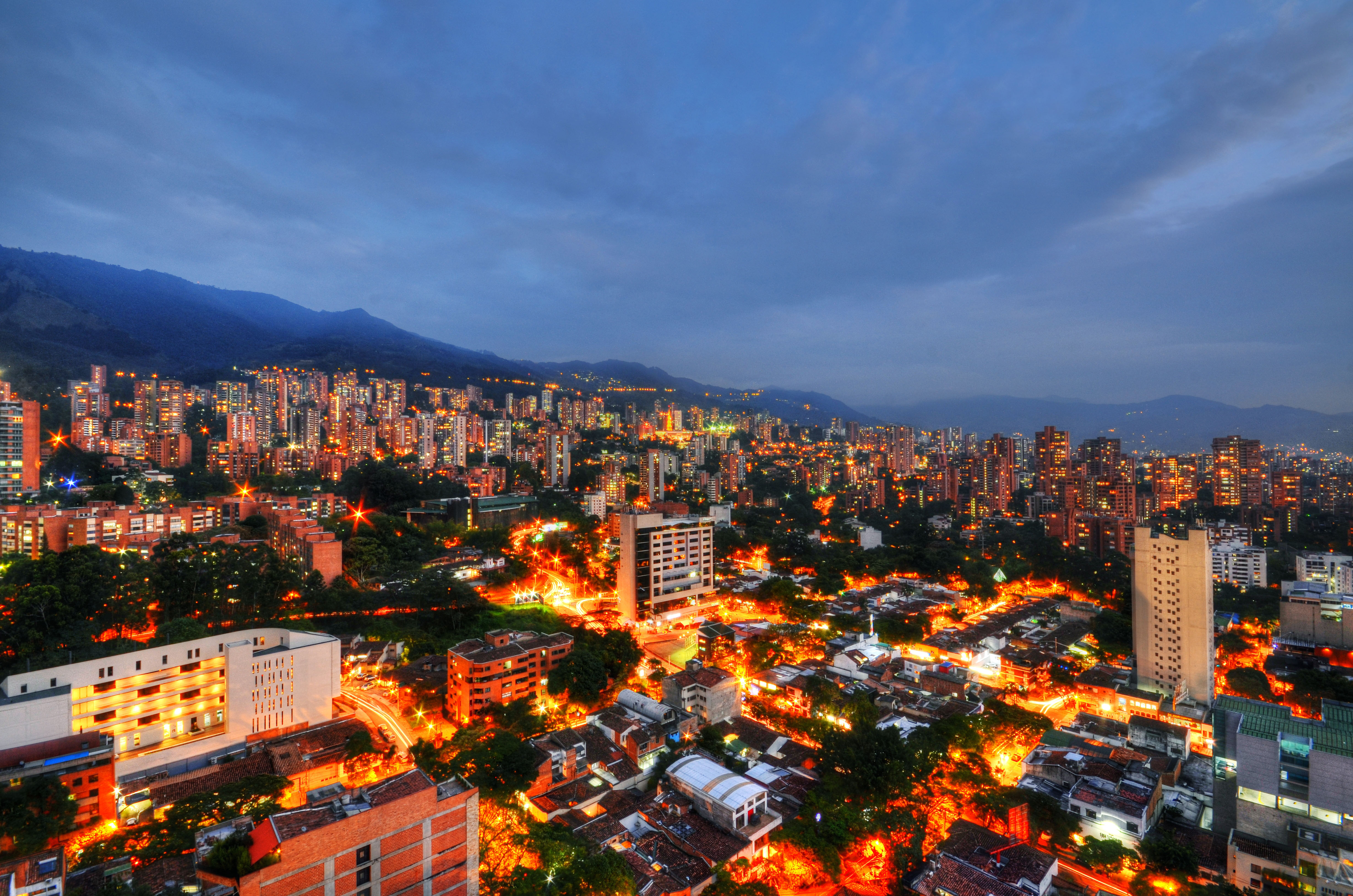

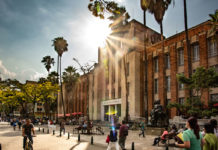






I live full time with my Paisa wife in a Finca, or at least a “country house”. I have been living in Colombia for 17 years, 10 in Antiouqia. My wife and I are both retired, my wife from a 35 year career in the Colombian Banking system and me a retired Pres/CEO of a NASDAQ traded energy company.
We built our retirement home (FINCA) here 10 years ago in a private parcelacion in Popalito ( 1 hr. from Medellin) on a bare lot we purchased for $100,000,000. pesos. We have subsequently added another house/garage to out lot primarily for my wife’s family from Medellin. My father-in-law is a retired M.D. from Medellin. He has had a “country house” in the same parcelacion for 25 years, gate guarded 24/7 and out admin fee includes maintenance of common areas, 24/7 gate guards and patrol and our water.
My total investment in both houses on 2 acres is approx. $150,000. DOLLARS, I could not duplicate it in my home in California for 1.5 million dollars.
I have a commanding view, no noise and as I refer to my Finca as “A Wee Bit ‘O heaven”..
Outside of a couple negative incidents at our parcelacion I have enjoyed Colombia immensely……but this is Colombia and anything can happen to anyone at any time. In 25 years until recently we were totally tranquil, happy and I thought relatively safe.
Just over a year ago we were encroached upon by a group of extortionists demanding money from the landowners. I refused to pay but many of my neighbors paid $200,000. per month. My wife’s younger sister was the paid administrator of our parcelacion and she had forbidden entry to some of the extortionists. The perps kidnapped my sweet sister-in-law and her right hand man who had worked here for almost 20 years and drove them 30 miles away and “executed” them both. The Gaula came in at my request and arrested 26 people including 6 policemen (yes you got that right) for extortion and theft.
Other than that one terrible incident we live a quiet and excellent life. Wrong place at the wrong time I suppose?
Wait… for real? How are you downplaying that? I thought Colombia was relatively safe.
Wow can’t wait to move there!
hi all
how much are property taxes
colombia also taxes your worldwide income
please advise
-sam-
Jeaus Bill Force
I cant allow totally depraved people to destroy my family members. That once instance would have been totally devastating.
You have convinced me to not buy a finca or spend any time in colombia unarmed. I have never been to colombia. I consider myself for warned. Carry a glock and shoot first.
Nonsese. Explain then
why Americans are carrying concealed arms in the US?
If I was going to retired in Columbia, I would never purchase a home, just rent. Good luck selling that property if you need to leave. I can see myself living in Guatepe on in the coffee region for awhile if my wife agrees.
Im looking to buy a finca any one can direct me the right way